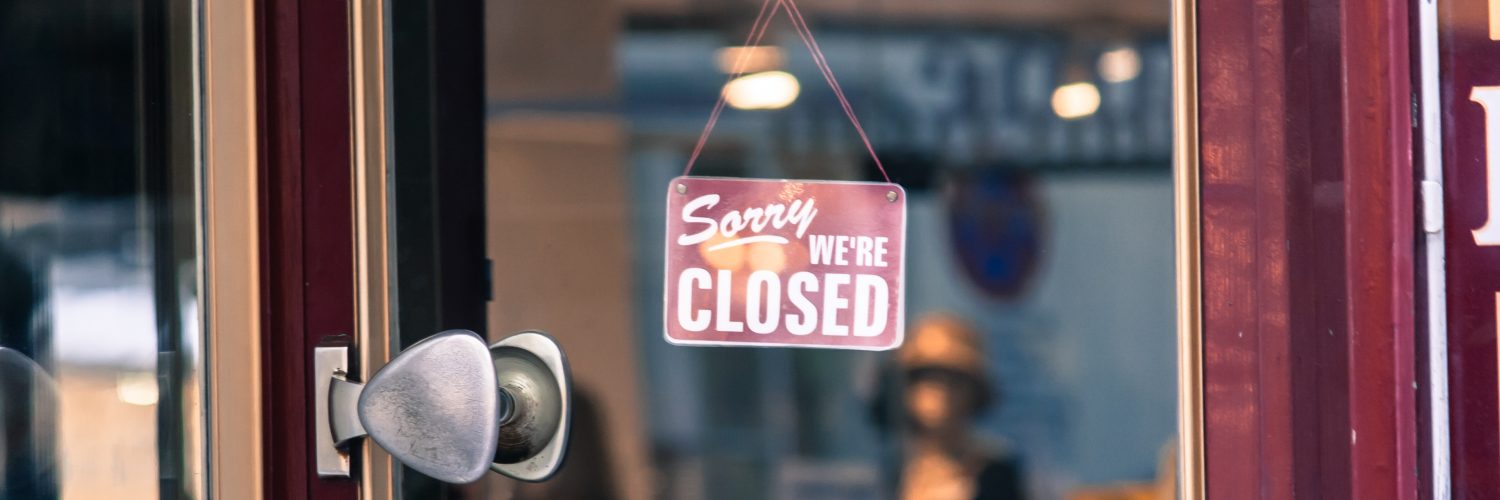Thankfully, the stories we have all heard about the selfless acts of so many people, from front-line workers to caring neighbors, during the pandemic greatly outweigh the reports about people who have sought to profit from the circumstances. But, as the growing number (more than 50 cases involving $175 million in funds) of Department of Justice (DoJ) prosecutions related to Paycheck Protection Program (PPP) fraud demonstrate, there will always be people looking to scam the system.
COVID-related fraud is not limited to PPP. Very early in the lockdown in the United States, the Financial Crimes Enforcement Network (FinCEN) began warning of fraudulent schemes related to personal protection equipment (PPE), cleaners, sanitizers, miracle cures and vaccines and urged financial institutions to review and/or enhance transaction monitoring rules and scenarios for detecting these schemes. FinCEN and a host of other regulatory bodies also cautioned the industry about the increased likelihood of cyber fraud by criminals who expected defenses to be down in a work-from-home environment.
The PPP fraudsters, however, are noteworthy for their audacity: People fabricated businesses and employees and used millions in loan proceeds to buy luxury cars, houses, jewelry and other high-end goods, apparently believing that their spending sprees would go unnoticed. The spending has been so outrageous that one recent case where the alleged fraudster simply deposited the loan proceeds into her bank accounts seemed banal by comparison. The alleged perpetrators of these frauds have included people from all walks of life, including a lawyer, a reality television star, a Hollywood film producer, a professional athlete, and suburban homeowners pretending to be farmers. Recent media reports suggest that one large lender is also investigating potential employee wrongdoing related to PPP lending.
We can argue that the PPP itself made these frauds easy. The program was rolled out very quickly with expectations that lenders would perform Know Your Customer due diligence and some basic checking for reasonableness but would forgo normal loan underwriting standards. But, the primary goal of the PPP was to get money immediately to struggling small businesses so that they could preserve the jobs of their employees. It achieved this goal, and we expect, until and unless history proves this view wrong, that the good far outweighed the bad.
We can argue that the lenders didn’t do their job, i.e., they didn’t perform the reasonableness checks they should have that would have prevented these frauds. However, media reports and law enforcement comments suggest that lenders have been instrumental in identifying the frauds and helping law enforcement build their cases.
Where does this leave us today? The number of DoJ prosecutions in such a short period of time suggests that we are seeing the tip of the iceberg. Scrutiny of PPP lending will only increase. Lenders need to proactively seek to identify additional potential fraud in their PPP portfolios, especially as the loans move through the forgiveness stage. Key actions should include:
- Identifying the potential red flags for PPP fraud
- Determining a risk-based approach to reviewing the portfolio that considers such factors as loan size, industry type, geography, and whether the borrower was an existing or new customer
- Leveraging information available about the borrower’s business since the loan was funded to identify any irregularities or discrepancies
- Performing some reasonableness checks on an industry and geographic basis, e.g., how does the payroll for two convenience stores in the same geographic location compare?
- Examining results by loan officer/team to identify any potential anomalies, such as lenders/teams with larger numbers of loans, more loans to new customers, etc.
- Filing Suspicious Activity Reports, as necessary, and staying in close contact with law enforcement
It is important for the reputation of the financial services industry that it continue to be viewed as a partner of law enforcement, but this will only happen if financial institutions continue to be the ones that identify and report the fraud. Financial institutions that wait for law enforcement to tell them about the problems may find themselves on the receiving end of law enforcement or regulatory sanctions.



Add comment